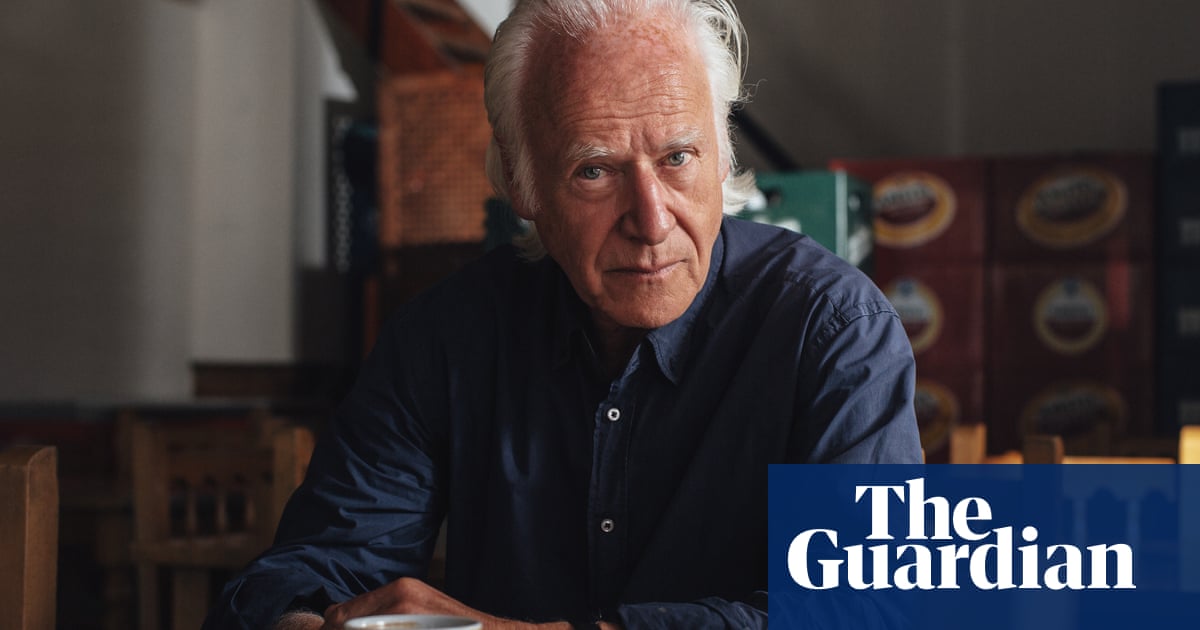Duncan Campbell, the celebrated Guardian crime reporter, writer and broadcaster whose work highlighted police corruption, the shortcomings in the justice system and miscarriages of justice, has died at the age of 80.
Campbell was one of the most respected crime correspondents of his generation, fearlessly pursuing police corruption and reporting on some of the most high-profile criminal cases of recent decades, including the Rosemary West trial and the Hatton Garden heist.
Campbell joined the Guardian in 1987. He soon became its crime correspondent, quickly establishing himself as one of the most authoritative and respected journalists covering the beat. He was also elected chair of the Crime Reporters Association for several years in the 1990s and won the Bar Council’s newspaper journalist of the year award in 1992.
In 1997, Campbell successfully defended himself against a libel claim brought by police officers in Stoke Newington, east London. The case was seen at the time as a test of the media’s ability to investigate alleged police corruption.
Five officers had sued the Guardian over two articles by Campbell, in January 1992, which they claimed suggested they were involved in drug dealing. After the case, Campbell described it as “an extremely important verdict both for national and local newspapers who want to honestly report investigations into alleged corruption”.
A House of Commons motion, signed by 40 MPs, described it as “a landmark victory both for responsible journalism and for the maintenance of public confidence in the police”.
Campbell’s sister Fionna described him as a “much loved brother, special uncle and great uncle and special to many other young people as well”.
Katharine Viner, the Guardian’s editor in chief, said: “Duncan was one of the great Guardian journalists, beloved of the newsroom, and a peerless crime correspondent. His reporting on police corruption was courageous and groundbreaking, as was his pursuit of cases of miscarriages of justice.
“During his career he was also a news editor and a distinguished foreign correspondent. He brought expertise and charisma into all these roles. He will be greatly missed by his many friends here and former colleagues. We were all in awe of Duncan’s journalism, his kindness and his cool.”
Campbell said he developed a fascination with crime during his days playing football against a prison side. In his first year at Edinburgh University, he failed every subject apart from criminal law. It was also there that he found journalism, editingthe university newspaper, the Studentand running features on abortion and homosexuality, which were both illegal at the time.
John Lloyd, a university friend and fellow journalist, described Campbell as “sharply observant, helpful and supportive” from his earliest days. “Duncan was a rare being in Edinburgh University in the 1960s,” he said. “He was educated at a posh school, but seemed at home among the many comprehensive school-educated, of which I was one on the alert for condescension but finding none.
“He had little ‘side’, approaching all in a friendly and open way. His style was respectful, and the opposite of solipsistic. He was a rare man.”
While covering the case of Fred and Rose West, Campbell was the reporter selected to look around the killers’ home, having to remember the details for a pooled report shared with other journalists. He said he had never worked on a case in which “so many people said they did not or could not read what I had written”.
In 2016, he reported on theHatton Garden burglary, featuring the kind of criminal characters he had spent a career reporting on. Reflecting on the case, he said he feared crime reporting was “disappearing in a world of tweets, budget cuts and 24-hour news”.
He alsospoke in favour of the release of the WikiLeaks founder, Julian Assange, stating that his “main offence is publishing the shameful secrets of the US government and its armed forces”. He went on to write several books on journalism and crime, includingIf It Bleeds, (2009), The Paradise Trail, (2008), Underworld (1994) and That Was Business, This Is Personal (1991).
Hélène Mulholland, a friend and former Guardian colleague, said Campbell “stood against social injustice and had the courage to stand up for what he believed, something he did without bluster”.
Alan Rusbridger, a former editor of the Guardian and current editor of Prospect magazine, said Campbell managed to build contacts among former bank robbers as easily as he could among judges, lawyers and police. “Only Duncan could assemble such a cast of friends and contacts because only Duncan, among crime correspondents, was universally liked and trusted,” he said.
Campbell’s long-term partner is the actor Julie Christie. The pair had been together since the late 1970s and married in 2005.
